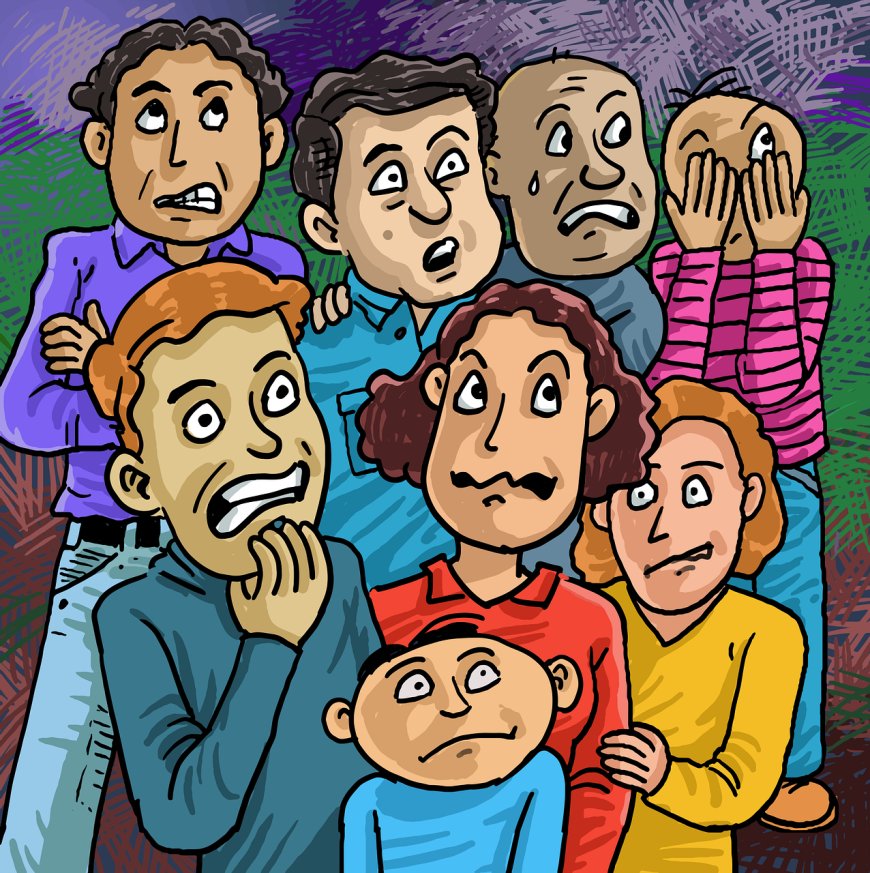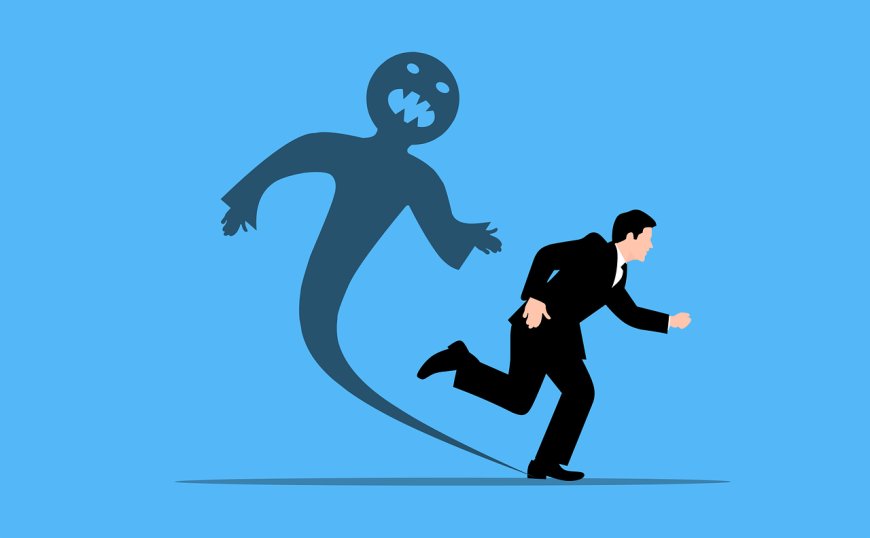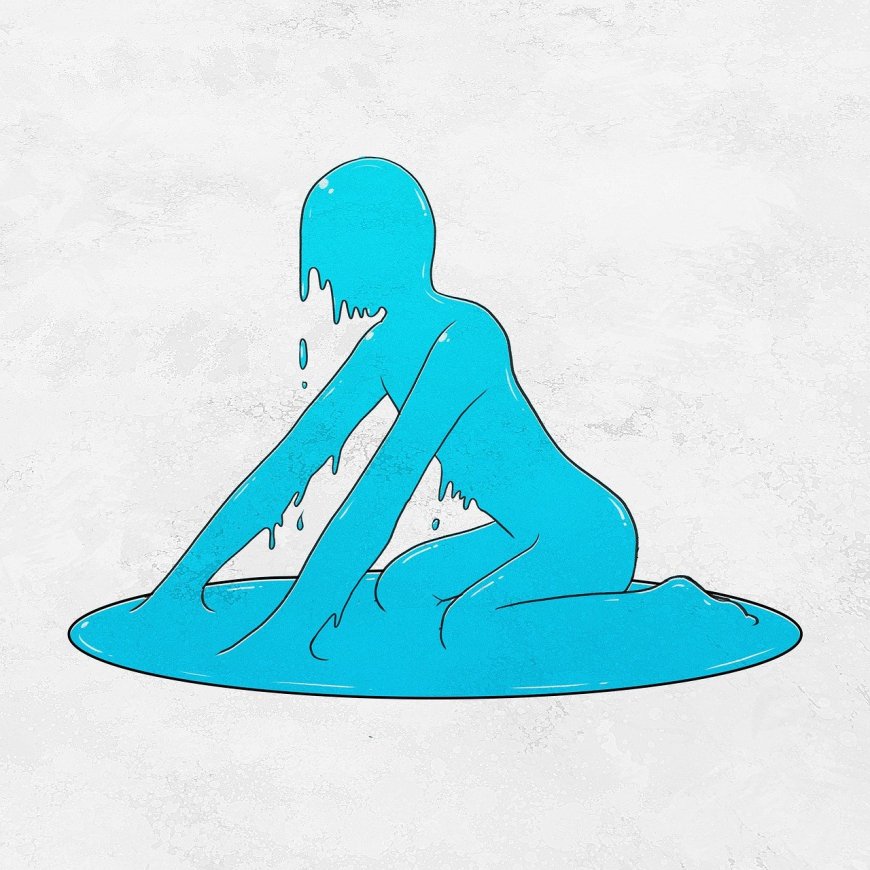THE NEUROSIS OF FEAR: SPECIFIC PHOBIA
Specific phobia is a world where the extraordinary fears that enter our lives can turn even seemingly simple things into nightmares. This is getting lost in the labyrinth of fear!

Anxiety disorders are a problem that negatively affects people's life standards. Specific phobia, one of these disorders, involves severe fear, anxiety and avoidance reactions to a specific object, situation or activity. This fear or anxiety can be triggered by objects and situations and can lead to panic attacks. With the avoidance reaction, people can progress their life as if it were normal and may not realise the phobias they have not encountered until they reach a certain age. Over time, they can realise that it is irrational and absurd, confront it and control their anxiety. When uncontrolled or late, it can disrupt the flow of life and physical health of the person. It is more likely to be seen in women than men.
In general, "phobia" can refer to a general state of fear, while "specific phobia" refers to a specific object or situation. That is, a specific phobia is a specific subset of a more general term. Every specific phobia can be considered a type of phobia, but not every phobia is a specific phobia. In this context, the diagnostic crite a for specific phobia would be as follows, with information taken from the DSM - V manual:
-
Being in a state of fear or anxiety about a specific object or situation
-
Triggering of momentary fear or anxiety
-
Avoiding or enduring the phobic situation
-
No real danger posed by a particular event
-
Persistent fear, anxiety, avoidance lasting 6 months or more
-
Causes significant difficulties, difficulties, impairments in areas of functioning in your life
-
Discomfort, fear, anxiety and panic-like symptoms may be associated with other psychiatric disorders, e.g. other anxiety disorders, OCD, depression, PTSD.

Phobia reactions can manifest as physiological symptoms;
-
Tightness of the heart
-
Breathing Difficulty
-
Dry Mouth
-
Swallowing Difficulty
-
Trembling
-
Sweating
-
Numbness/Tingling
-
Dizziness
-
Fainting Sensation
-
Frequent Need to Urinate
-
Sudden drop in blood pressure
In the treatment of specific phobia, each individual's needs are different, so the treatment plan should usually be based on individual assessment. A specialised health professional will assess the individual's condition and determine the most appropriate treatment plan. The treatment process may vary depending on the individual's motivation, compliance with therapy and degree of phobia. Specific phobia treatment options are listed below:
1. Cognitive-Behavioural Therapy (CBT): It tries to understand the individual's thought patterns and behaviours. In specific phobias, this therapy is often combined with exposure therapy. Exposure therapy involves confronting the feared object or situation in a slow and controlled manner.
2.Medication Use: Medications such as antidepressants and anxiolytics can help manage symptoms. Medication is often more effective when combined with CBT.
3.Virtual Reality Therapy: Virtual reality can be used to implement exposure therapy. This method can help the person experience the feared object or situation in a virtual environment and help them cope with these fears.
4.Group Therapy: Group therapy can be useful for people with specific phobias to come together and share experiences, give strength and help each other.
5.Relaxation and Breathing Exercises: Deep breathing, muscle relaxation techniques, meditation and other relaxation methods can help reduce anxiety levels.
6.Neurogeriatric Processing Therapy (EMDR): EMDR is a therapy method used to process traumatic memories and reduce anxiety. It can be especially effective in phobias that develop due to a traumatic event.

Specific phobias usually develop between the ages of 7 and 11. However, this age range is not a hard and fast rule and phobias can also start at a younger age or during teenage years and can be caused by a learning experience, a traumatic event or a genetic predisposition. Being attacked, being locked up, witnessing someone else's trauma, being exposed to constant warnings from parents, hearing allegations in the news may be the underlying causes of specific phobias. These are anxiety disorders that can deeply affect the lives of individuals. These phobias can be overcome with appropriate treatment methods.
REFERENCE
American Psychological Association. (2013). DSM-5: Diagnostic and statistical manual of mental disorders (5th ed.). Washington, DC: American Psychiatric Publishing.
Özmen, M., & Öner, Ö. (2009). Türkiye'de sosyal anksiyete bozukluğu yaygınlığı ve klinik özellikleri. Türk Psikiyatri Dergisi, 20(3), 221-228.
What's Your Reaction?















































































